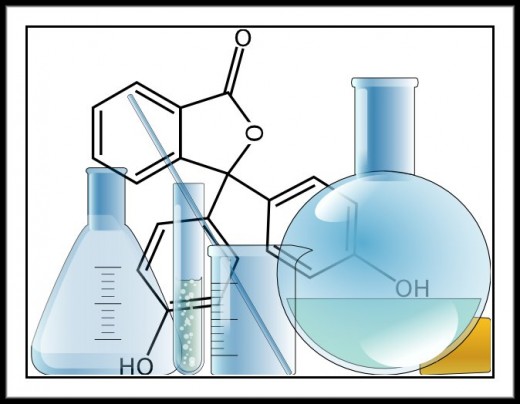Extending Life, Fact and Fiction



Living Longer
In recent times, stories about people living extremely long lives in regions of Pakistan, Ecuador, and Russia, has caught the public’s eye. Naturally, these areas have undergone extensive study by the scientific community.
Findings showed the areas had much in common. People living in these remote areas endured hard physical labor and had diets low in low in calories, protein, and fat. However a closer inspection revealed the age of individuals living in these areas was highly exaggerated. Individuals claiming to be between 120 and 170 years old were in fact under 108. Most were in their 80s.
In 1979, Charlie Smith, an African American, was reported to be 137 years old…he was 104. So, if humans don't live to 130 or 170, how long do they live? The oldest documented human was Jeanne Calment of France who lived 122 years. Calment was born Feb. 21, 1875 and died Aug. 4, 1997.
When seeking to find ways to extend our lives, basically we are looking for answers to several questions. How long can we live…and how well? However, living a longer life would be valueless without good health and a reason to live.


Increased Life Spans
While people are generally living longer today, several things must be considered. Many believe increased life spans are a result of scientific advances in medicine and elimination of many fatal diseases. While this is true in many respects, some claim it isn’t the case at all. But rather the decline came about primarily because of improved housing, sanitation, nutrition and other lifestyle measures.
By the time antibiotics began being used in the late 1940s, deaths from disease declined more than 98% in the first 80 years of this century.
People still die prematurely, but it’s what we are dying from that has changed. Today, atherosclerosis, cancer, diabetes, arthritis, emphysema, and cirrhosis cause more than 80% of deaths and 90% of disability. The number of Americans expecting to live to age 60 in the early 1800’s was only one-third. Today, the number is over 80%.


Mark Twain
Mark Twain once proclaimed, "There are lies, damn lies, and statistics. Statistics don't lie, but liars use statistics.” Twain’s viewpoint can plainly be seen in today’s commercial market.
The sale of anti-aging products such as nutrition, physical fitness, skin care, hormone replacements, vitamins, supplements and herbs has become a profitable global industry. However, medical experts state using such products has not shown to affect the aging process. In fact, they have spoken out against them.
Much theory and conjecture has marred the clarity of what causes aging and what, if anything actually can slow down or even stop the aging process. One problem lies in study methods.
Obviously, humans can’t be subjected to testing before positive evidence is obtained for commercial purposes. Testing is done on laboratory animals such as mice, which have a life span of about 4 years, unlike humans who average 70-80 years. The correlation here is evident.
On the other hand contradictions abound as to what causes aging. Genetic differences between humans and mice accounting for these different aging rates include efficiency of DNA repair, antioxidant enzymes and free radical production.
On another note, some contend there are health benefits for coffee with studies indicating decreased risk for cardiovascular disease, diabetes, and even health conditions like Parkinson's disease and colon cancer.But, some studies say drinking caffeinated coffee is associated with an increased risk for heart attack and stroke in people having heart disease.
The American Heart Association concludes studies linking caffeine to health risks is conflicting. The group concludes, however, moderate coffee consumption, defined as one or two cups a day, "doesn't seem to be harmful."
Most researcher agree during the aging process of an organism accumulates damage to cells, tissues, organs and macromolecules through free radicals which attack them. The free radical concept proposes antioxidant supplements in certain vitamins might prove beneficial, but results from some clinical testing infer high doses of B carotene and vitamin E actually increase mortality rates. So, apparently any conclusions one may reach are subject to change by another study.
Many studies today focus on nutrition, diets, exercise or supplements, although few of these have been sufficiently tested for substantial longevity effects. The results on numerous diets promoted by anti-aging advocates are often contradictory and some have proved extremely dangerous. Hormone treatment therapies have also been criticized by the AMA for possible dangers and lack of supporting evidence.
The United States, in an effort to protect consumers, claims on food and drug labels are strictly regulated. Manufacturers also provide informational publications on their products, but they are subject to monitoring and enforcement.
Advances in nanotechnology also shows promise for life extension by repairing processes thought to be responsible for aging. Some advocates believe the field of nanorobitics could completely stop the effects of aging by 2030.
Many other strategies for extending human life span have been proposed, all controversial. Such as cloning, stem cells, cryonics and combining existing biochemical and genetic techniques. One philosopher pointed out, any technological advances in life extension must be equitably distributed and not restricted to a privileged few.










